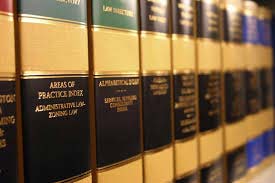Summary: Employees would be subjected to schedules and choosing between their regular jobs and driving for Uber, which Uber claims the drivers don’t want.
Uber filed documents in the case against them to make their drivers employees. Uber is arguing that the plaintiffs in the case seeking status as employees for the company have very little in common with the other drivers they are representing.
Uber claims that one plaintiff is so disconnected from the case that he doesn’t even know the name of the judge assigned to the case and Uber has accused another plaintiff of gaining $25,000 in referral bonuses by manipulating the software.
The case is in the process of being decided by Boston attorney, Shannon Liss-Riordan whether it should be a class action. The evidence Uber has produced include sworn statements from hundreds of drivers stating that they would rather work as independent contractors and being declared as employees would economically hurt them.
Liss-Riordan argues that it doesn’t matter if the plaintiffs don’t share common interests with the other drivers or like the idea of being employees. The case is about whether the drivers legally should be employees. The federal judge in California ruled that there was enough evidence to support the drivers being employees based on the fact that Uber dictates the terms of work. Uber still claims they are a technology service not an employer.
Uber is represented by Ted Boutrous of Gibson, Dunn & Crutcher.
Photo: greenwichtime.com





































